Elden Ring Nightreign Channels the Spirit of a Forgotten God of War Game
This past weekend marked the initial network tests for Elden Ring Nightreign, the eagerly anticipated standalone multiplayer game derived from FromSoftware's acclaimed Elden Ring. Unlike the expansive open world of its predecessor, Nightreign adopts a more focused survival format. In this game, teams of three players parachute into progressively shrinking maps, battling waves of enemies and increasingly formidable bosses. This design echoes the success of Fortnite, which has captivated over 200 million players this month alone, suggesting a clear influence from Epic's battle royale phenomenon.
However, Nightreign's gameplay bears a striking resemblance to a less celebrated title: 2013's God of War: Ascension. This comparison is not only intriguing but also beneficial.
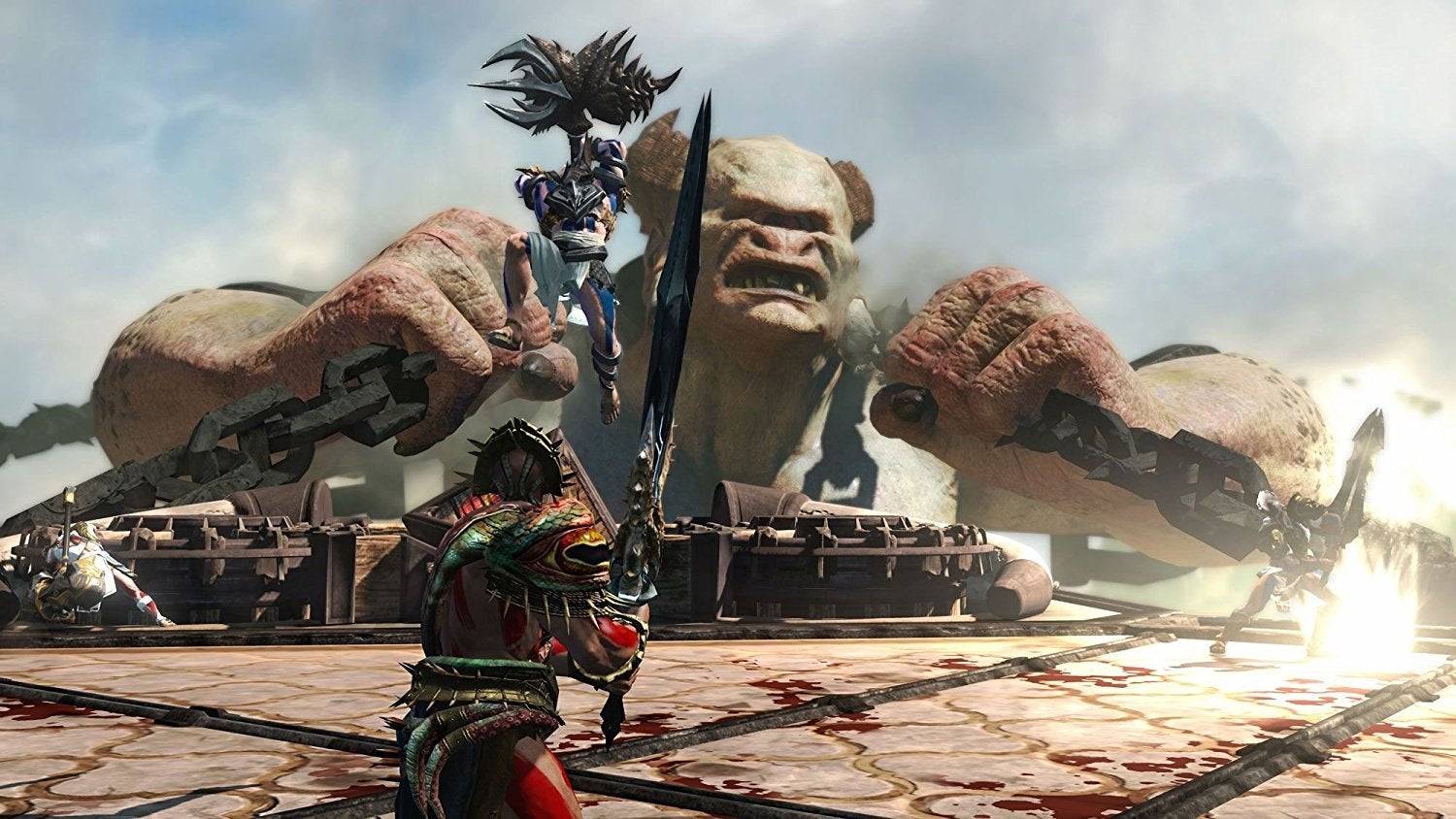
In Ascension's story, players encounter an NPC in the Prison of the Damned who prematurely celebrates being saved, only to be crushed by the level's boss. In multiplayer mode, this NPC becomes the player character, teleported to Olympus to pledge allegiance to one of four gods—Zeus, Poseidon, Hades, or Aries—each offering unique weapons, armor, and magic. Players then engage in five multiplayer modes, four of which are competitive PvP, while the fifth, Trial of the Gods, is a cooperative PvE mode strikingly similar to Elden Ring Nightreign.
Gameplay previews of Nightreign, shared by prominent "Soulsborne" YouTubers like VaatiVidya and Iron Pineapple, as well as IGN's coverage, highlight its similarities to live service games like Fortnite. Nightreign features randomized loot, resource management, and environmental hazards that challenge players as the game progresses. It even nods to Fortnite's iconic skydiving entry, with players being transported by spirit birds to their chosen drop points.
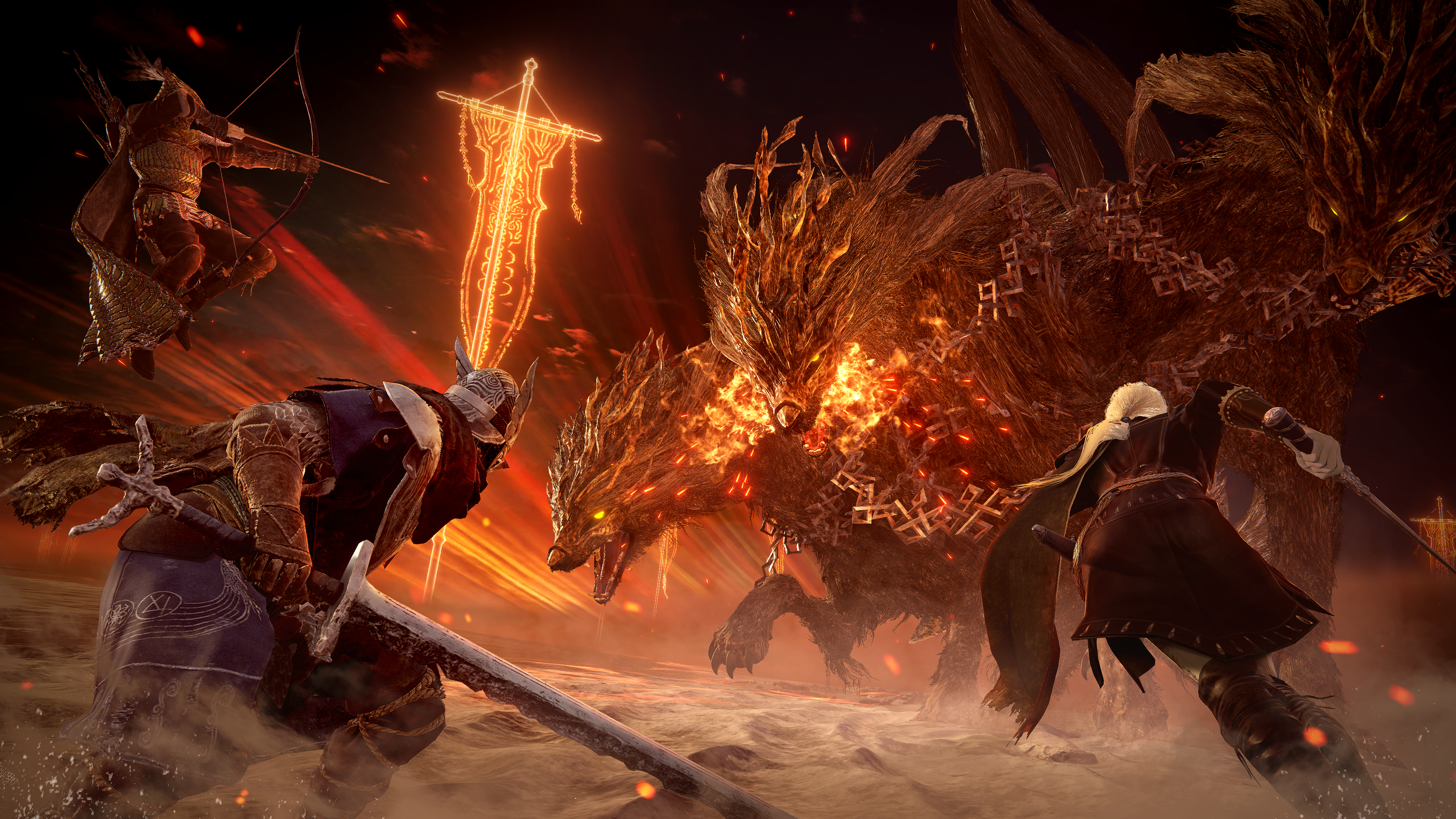
Nightreign evokes the same excitement and urgency as Ascension's Trial of the Gods. Participants in FromSoftware's network test described their runs as a thrilling race against time, contrasting with the more relaxed pace of the base Elden Ring game. Nightreign forces players to rely on instinct, increasing the pace and limiting resources, as noted by VaatiVidya, who praised the game's focus on "speed and efficiency." Without the trusty steed Torrent, players channel their inner spirit horse to run faster and jump higher.
Ascension's multiplayer mode similarly adjusted its single-player mechanics for tighter pacing, using techniques like increased run speed, extended jumps, automated parkour, and a grapple attack, all of which are mirrored in Nightreign. These enhancements are crucial in the face of relentless enemy waves, pushing players to move swiftly and decisively, embodying the essence of Kratos' relentless fury.
Nightreign's resemblance to Ascension is surprising, not only because Ascension has largely been forgotten, but also because the Soulslike genre, to which Elden Ring belongs, initially stood in stark contrast to God of War's power fantasy. While God of War lets players feel like god-killers, Soulslike games challenge players as nameless, cursed undead. Yet, as players have mastered FromSoftware's games and the difficulty has been adjusted, Nightreign reintroduces a level of challenge absent from the overpowered builds of Elden Ring. For seasoned players, it offers the thrill of being a time-pressed, vengeful Spartan, much like Ascension did.
-
Jade, the 57th Warframe to grace the universe of *Warframe*, introduces a captivating aerial style of gameplay. With her angelic and divine presence, she hovers above the battlefield, delivering devastating attacks on foes while ensuring the safety and empowerment of her allies. In this comprehensivAuthor : Jack Apr 06,2025
-
Creative director Jonathan Dumont has shed light on the anticipated playtime for Assassin's Creed Shadows, revealing that completing the core narrative will take approximately 30 to 40 hours. For those eager to delve into all the optional content, an additional 30 to 40 hours can be expected, culminAuthor : Noah Apr 06,2025
- Hitman Devs' "Project Fantasy" Hopes to Redefine Online RPGs
- The Elder Scrolls: Castles Now Available on Mobile
- Minecraft's 'In Your World' Mod: A Chilling Update
- Resident Evil Creator Wants Cult Classic, Killer7, to Get a Sequel By Suda51
- Deadlock Characters | New Heroes, Skills, Weapons, and Story
- Fortnite Update: Mysterious Mythic Item Teased in Latest Leak

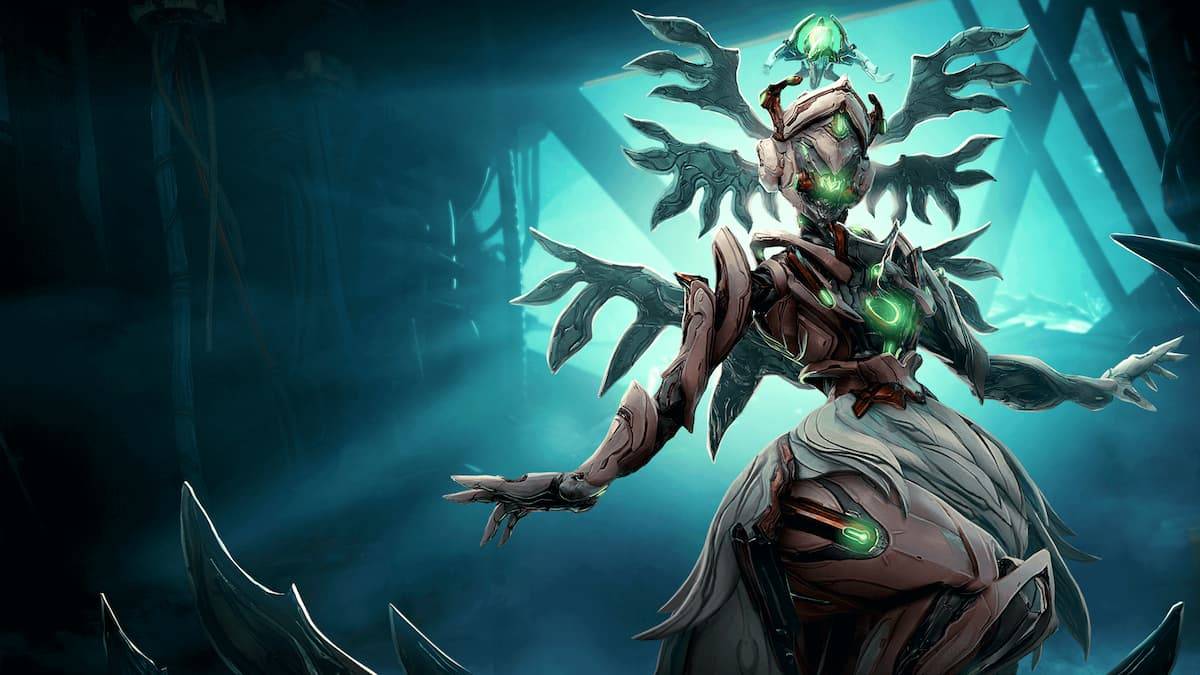
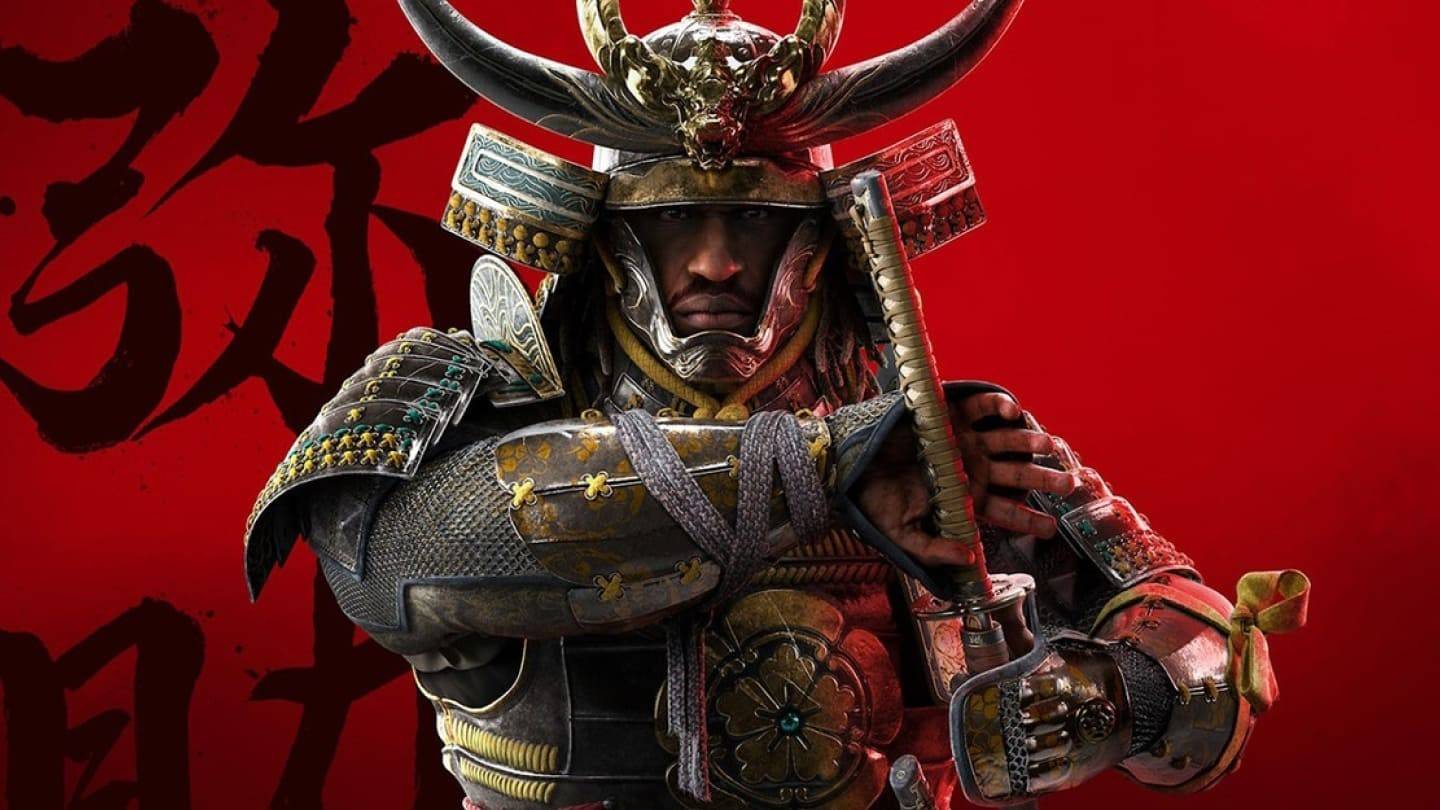



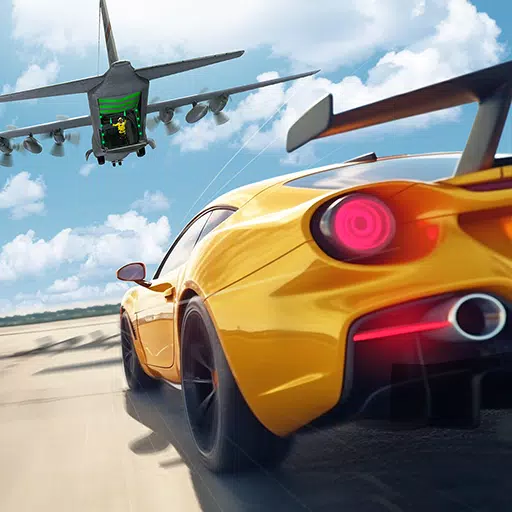









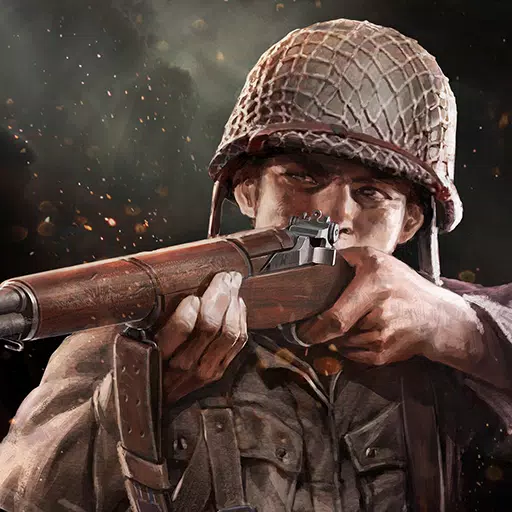




![[777Real]スマスロモンキーターンⅤ](https://images.0516f.com/uploads/70/17347837276766b2efc9dbb.webp)

